This conference focusses on the latest developments in the environmental risk assessment of biocides. It covers all product types and looks at testing requirements, data sheets, methodologies and regulatory outcomes.
You will
Update on Directives, Tools and Guidances
- ECHA Bee guidance
- In situ recommendations
- Chesar Platform
- Volume IV Part A Information requirements
- New CLP hazard classes in biocide assessment
Biocides and Beyond
Professionals working in the fields of:
Sectors that should take part:
Picture Credit: © kozorog - fotolia.com
Timings are in Central European Time CET.
Maike Habekost, BASF, Germany
Aiga Latsone, European Chemicals Agency (ECHA), Finland
Jaana Laitinen, European Chemicals Agency (ECHA), Finland
James Hingston, Health and Safety Executive/Chemicals Regulation Division, United Kingdom
Judith Klein, Fraunhofer Institute for Molecular Biology and Applied Ecology IME, Germany
Sascha Setzer and Eleonora Petersohn, German Environment Agency (UBA), Germany
Libero Andrea Mazzucchelli, Team Mastery, Italy
Stefan Trapp, Technical University of Denmark, Denmark
Megan Griffiths, Ricardo, United Kingdom
Glauco Battagliarin, BASF, Germany
Timings are in Central European Time CET.
Maike Habekost, BASF, Germany
Aiga Latsone, European Chemicals Agency (ECHA), Finland
Bernd Daehne, Dr. Brill Institutes, Germany
Marlies Warming, Ramboll, Denmark
Marcel Hulsman, ERM, The Netherlands
Luigi Bazzolo, VEBI Istituto Biochimico, Italy
Heike Schimmelpfennig, Dr. Brill Institutes, Germany
Markus Schwarz, FoBiG – Forschungs- und Beratungsinstitut Gefahrstoffe, Germany
Name
Company

Glauco Battagliarin
BASF, Germany
Glauco Battagliarin is a Research Scientist and Team Leader working in group research at BASF. He studied material science at the University of Milano Bicocca and did his Ph.D. in chemistry at the Max Planck Institute for Polymer Research in Mainz. He joined BASF in 2012 and moved in 2015 to biopolymer research, where he is currently leading a team investigating and simulating the biodegradation and environmental fate of materials in different end of life scenarios. He is chair of the polymer biodegradation taskforce of A.I.S.E., the International Association for Soaps, Detergents and Maintenance Products.
morelessLuigi Bazzolo
Vebi Istituto Biochimico, Italy
Luigi Bazzolo is the CEO of VEBI Istituto Biochimico in Padua, Italy. Leading this chemical company he is dedicated to research and produce quality solutions in the areas of hygiene, health and beauty. Before joining VEBI, he studied Agricultural Sciences at the University of Padua.
moreless
Bernd Daehne
Dr. Brill Institutes, Germany
Bernd Daehne has been the Director of the Institute for Antifouling at Dr. Brill + Partner on the German Island Norderney since 2018. An experienced geographer with a degree in landscape ecology from the University of Münster (1996), he brings extensive expertise in marine and ecological issues. Previously, he served as Head of the Marine Testing Station at LimnoMar on Norderney from 2002 to 2017 and worked as a researcher at the Coastal Research Station of the NLWKN on Norderney from 1996 to 2002.
moreless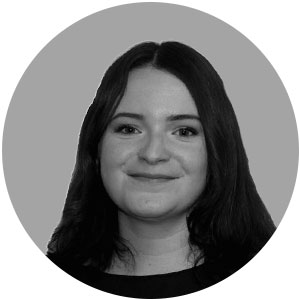
Meghan Griffiths
Ricardo, United Kingdom
Megan Griffiths is a Senior Regulatory Ecotoxicologist at Ricardo, specialised in assessing the environmental hazard and risk of chemicals. With a BSc in Biological Sciences and MSc in Environmental Science (Chemistry, Toxicology and Health), she has a robust background in pollution across soil, water, and air, as well as ecotoxicology, environmental chemistry, and how inform environmental risk assessment. She has extensive experience supporting prospective risk assessments for a range of substances, including difficult-to-test chemicals and complex mixtures, under OSPAR, UNEP, and EU regulations. She has developed tailored testing and non-testing strategies, alongside designing, monitoring, and evaluating environmental fate and hazard studies in both aquatic and terrestrial environments. Megan has also been involved in developing the Persistence Assessment Tool (PAT) to support regulatory persistence evaluations.
moreless
Maike Habekost
BASF, Germany
Maike Habekost’s PhD work was related to plant biodiversity. At BASF, she is responsible for the ecotoxicological assessment of plant protection products and biocides. From 2014 till late 2016, she worked in the US where she supported US registrations with her ecotoxicological knowledge.
moreless
James Hingston
Health and Safety Executive / Chemicals Regulation Division (HSE/CRD), United Kingdom
James Hingston leads a team of 26 regulatory environmental fate specialists at the Chemicals Regulation Division, part of the UK Health and Safety Executive. CRD is the national regulator for the whole of the UK, on behalf of the UK government and the devolved administrations, with responsibility for pesticides, biocides, detergents and general chemicals under REACH.
moreless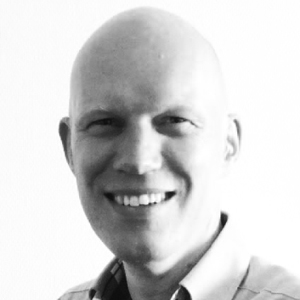
Marcel Hulsman
ERM, The Netherlands
Marcel Hulsman is a Partner in ERM’s Sustainable Product & Supply Chain team. He has over 25 years of experience working in the specialty chemical industry, consultancy and governmental agencies including the Ctgb (Board for the authorisation of plant protection products and biocides, NL). Starting at ERM in 2021, he supports clients in providing regulatory awareness, advocacy and strategic advice on biocidal product Authorisation and active substance approval. His focus includes the broader developments in EU chemicals, environmental and sustainability policies, covering e.g. the implications of the EU Chemicals Strategy for Sustainability. Marcel holds an MSc in Chemical Engineering and a PhD in Analytical Chemistry from the University of Twente (NL).
moreless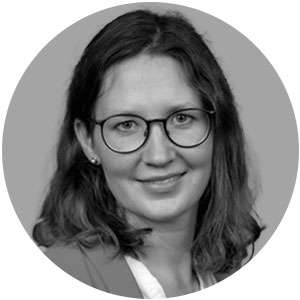
Judith Klein
Fraunhofer Institute for Molecular Biology and Applied Ecology IME, Germany
Judith Klein is currently the head of the modelling and bioinformatics department at the Fraunhofer Institute for Molecular Biology and Applied Ecology (IME). She holds a PhD in mathematics and is a member of several international working groups, including the FOCUS version control group, the SETAC SDLM working group and the steering committee of the SETAC interest group on effect modelling.
moreless
Jaana Laitinen
European Chemicals Agency (ECHA), Finland
Jaana Laitinen works as a Scientific Officer in the Biocide Active Substance Unit at the European Chemicals Agency (ECHA). Her regular duties include case management and environmental expert tasks in the approval process of biocide active substances. As part of her tasks, she has also been coordinating the development of the ECHA Guidance on the assessment of risks to bees from the use of biocides. Before joining ECHA in 2016, she worked as an expert in the risk assessment of REACH chemicals and contaminated sites. She has dealt with regulatory risk assessment and chemical legislations for 15+ years.
moreless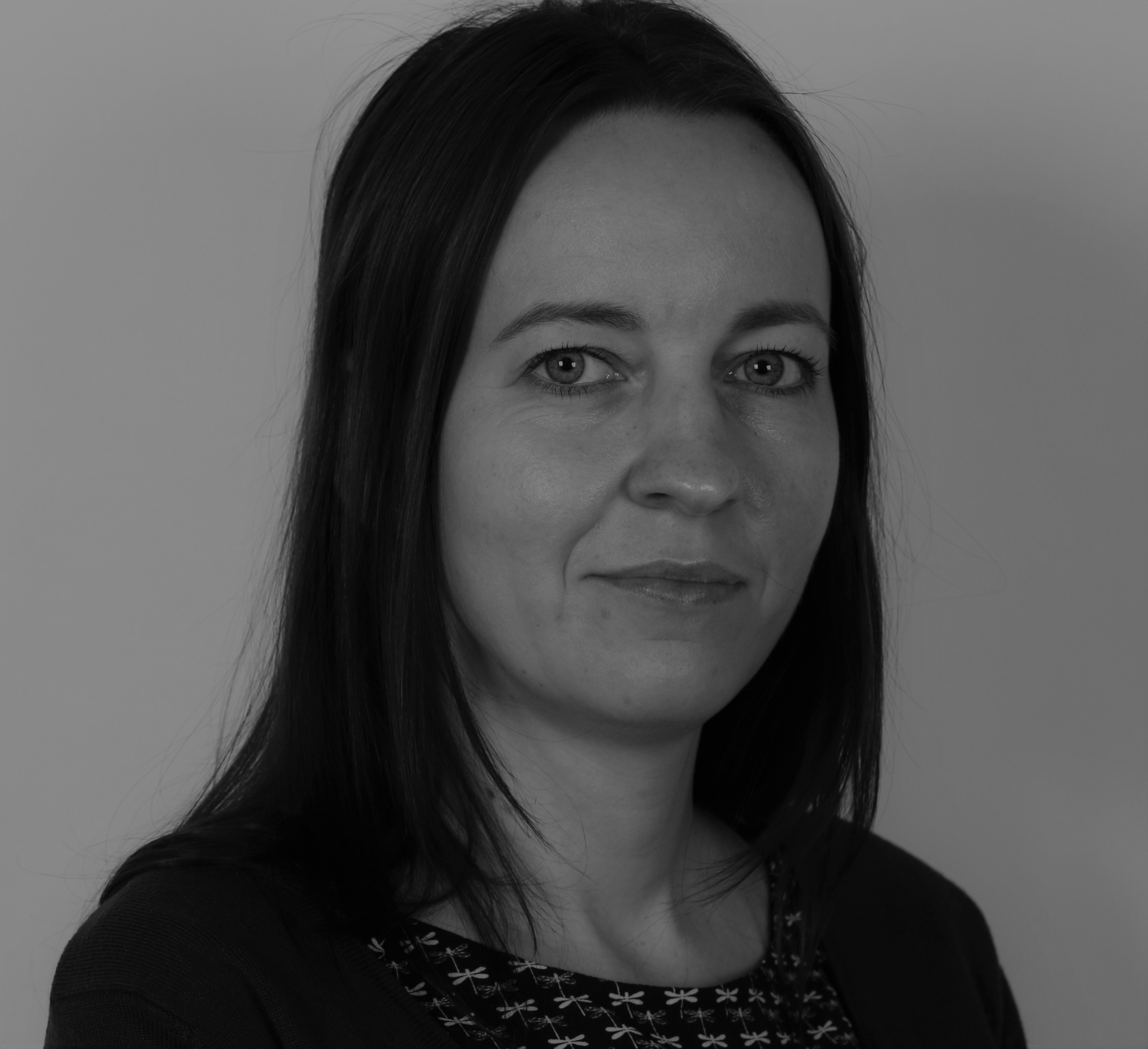
Aiga Latsone
European Chemicals Agency (ECHA), Finland
Aiga Latsone has been working in ECHA’s Biocidal Products unit since 2021. Currently she is an Environmental Expert and the Deputy Chair of the Environment Working Group of the Biocidal Product Committee (BPC). She has previously been involved in research and teaching related to environmental fate of nanomaterials and microplastics, as well as regulatory aspects related to environmental risk assessment and sustainability.
moreless
Libero Andrea Mazzucchelli
TEAM mastery, Italy
Libero Andrea Mazzucchelli (PhD) has been a Regulatory Scientist at TEAM mastery since 2020. He graduated in Environmental Sciences at the University of Insubria (Italy) in 2020 with a focus on occupational and environmental hygiene. In TEAM mastery Libero works in the Biocide Division dealing mainly with regulatory aspects and technical evaluations.
morelessEleonora Petersohn
German Environment Agency (UBA), Germany
Eleonora Petersohn has been a Research Associate in the field of environmental risk assessment of biocides at the German Environment Agency (UBA), since 2006. She is responsible for the assessment of environmental exposure with a focus on insecticides, disinfectants in veterinary hygiene and rodenticides and is a member of the BPC Environment Working Group (WG ENV). She has a degree in chemistry and a PhD in materials science.
moreless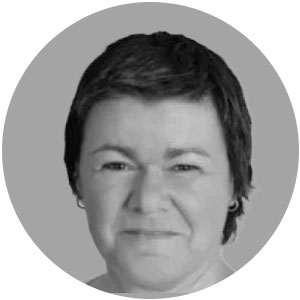
Heike Schimmelpfennig
Dr. Brill Regulatory Services, Germany
Heike Schimmelpfennig is a Senior Regulatory Affairs Manager at Dr. Brill Institutes with over 20 years of experience in the regulatory affairs field. From 2012 to 2022, Heike worked at the European Chemicals Agency (ECHA) in Helsinki, Finland, where she supported the implementation of the BPR, developed workflows and guidance for biocide authorisation. From 2014 onwards, she successfully led first the BPC Environment Working Group (ENV WG) and later also the Ad hoc Working Group on Environmental Exposure (AHEE). She has also been involved in several IT projects and worked until recently on the Chesar platform.
moreless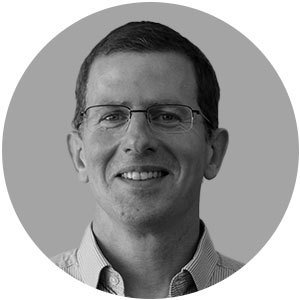
Markus Schwarz
Forschungs- und Beratungsinstitut Gefahrstoffe (FoBiG), Germany
Markus Schwarz is a certified ecotoxicologist (GDCh/SETAC GLB) with an educational background in biology and chemistry. He joined FoBiG, a Freiburg-based consultancy for regulatory (eco)toxicology in 2007 and became a company partner in 2018. He has extensive experience in analysing and reporting environmental fate and ecotoxicological data as well as in environmental risk assessments (including PBT/vPvB assessments).
morelessSascha Setzer
German Environment Agency (UBA), Germany
Sascha Setzer has been a Scientific Officer at the German Federal Environment Agency (UBA) since 2014. He conducetd a PhD with a focus on analytics and environmental fate and behaviour at the University of Giessen. Since then he has mainly worked on the exposure and risk assessment of biocidal substances and products with a special interest on antifouling and insecticides.
moreless
Stefan Trapp
Technical University of Denmark (DTU), Denmark
Stefan Trapp is a Professor at the Department of Environmental and Resource Engineering at the Technical University of Denmark. His research activities are in chemical risk assessment (REACH), environmental biotechnology (phytoremediation), impact assessment (contaminated sites) and water pollution.
moreless
Marlies Warming
Ramboll, Denmark
Marlies Warming is a Senior Consultant in Health Science at Ramboll with more than 10 years experience with surveys and assessments of chemicals in the environment, in consumer products and in the working environment. Her main work area is the preparation of background studies for chemical regulation and risk assessment studies for public clients, such as the Danish Environmental Protection Agency Danish Regions, European Chemical Agency and the EU Commission. With an educational background in environmental chemistry, human and ecotoxicology, Marlies possesses the interdisciplinary knowledge needed to link the presence of substances in the environment to possible environmental and health effects.
morelessParticipation Fee: € 1,195.00 plus VAT.
The registration fee includes the following benefits:
Representatives of an authority or a public university are therefore eligible for a reduced fee of € 695.00 plus VAT per person (please provide evidence). The reduced fee cannot be combined with other rebates.
Group Reductions
For joint bookings received from one company we grant a 15% discount from the third participant onwards.
Terms of Cancellation / Book without Risk
You can cancel your participation in our online events free of charge and without giving reasons in writing up to 1 week before the start of the event. In the case of later cancellations and non-login to the online event, no participation fees can be refunded.
In this case, however, you will receive access to the documentation after the event.
You can name a substitute participant free of charge at any time.

Anne Möller
Programme and conceptual design
+49 231 75896-84
amoeller@akademie-fresenius.de

Anne Möller
Programme and conceptual design
+49 231 75896-84
amoeller@akademie-fresenius.de

Anne Möller
Programme and conceptual design
+49 231 75896-84
amoeller@akademie-fresenius.de

Jennifer Zerth
Organisation and participant management
+49 231 75896-79
jzerth@akademie-fresenius.de

Jennifer Zerth
Organisation and participant management
+49 231 75896-79
jzerth@akademie-fresenius.de
Present your Company at the Event.
You can personally present your products and services directly to your specified target group. We are happy to provide you with further information on our range of available options – from displaying company information at the reception counter to presenting your company with an exhibition stand.
We would be pleased to assist you personally:
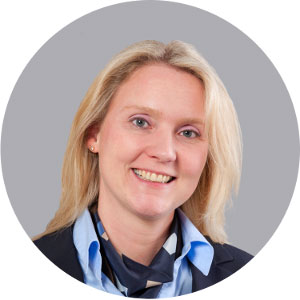
Monika Stratmann
Phone: +49 231 75896-48
info@akademie-fresenius.de
We offer journalists and editors a platform where they can get in touch with the experts.
If you are the editor of a specialist publication and interested in a press pass or media partnership, please contact us well in advance. We are happy to advise you.
Please contact us:

Katharina Geraridis
Phone: +49 231 75896-67
presse@akademie-fresenius.de
© Die Akademie Fresenius GmbH